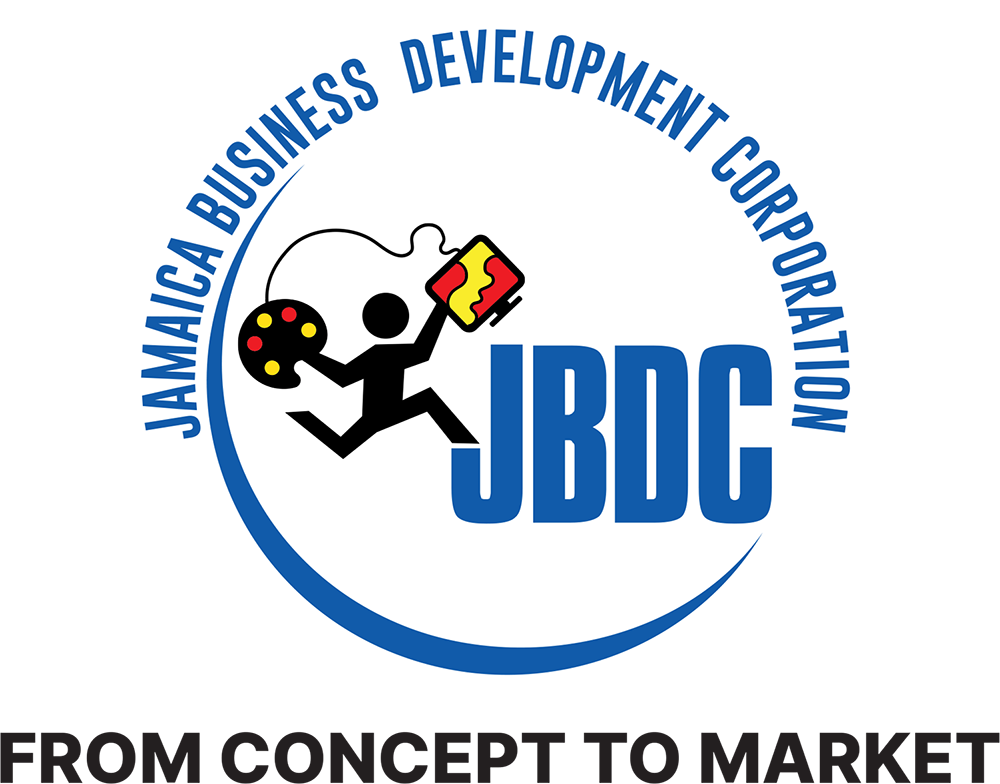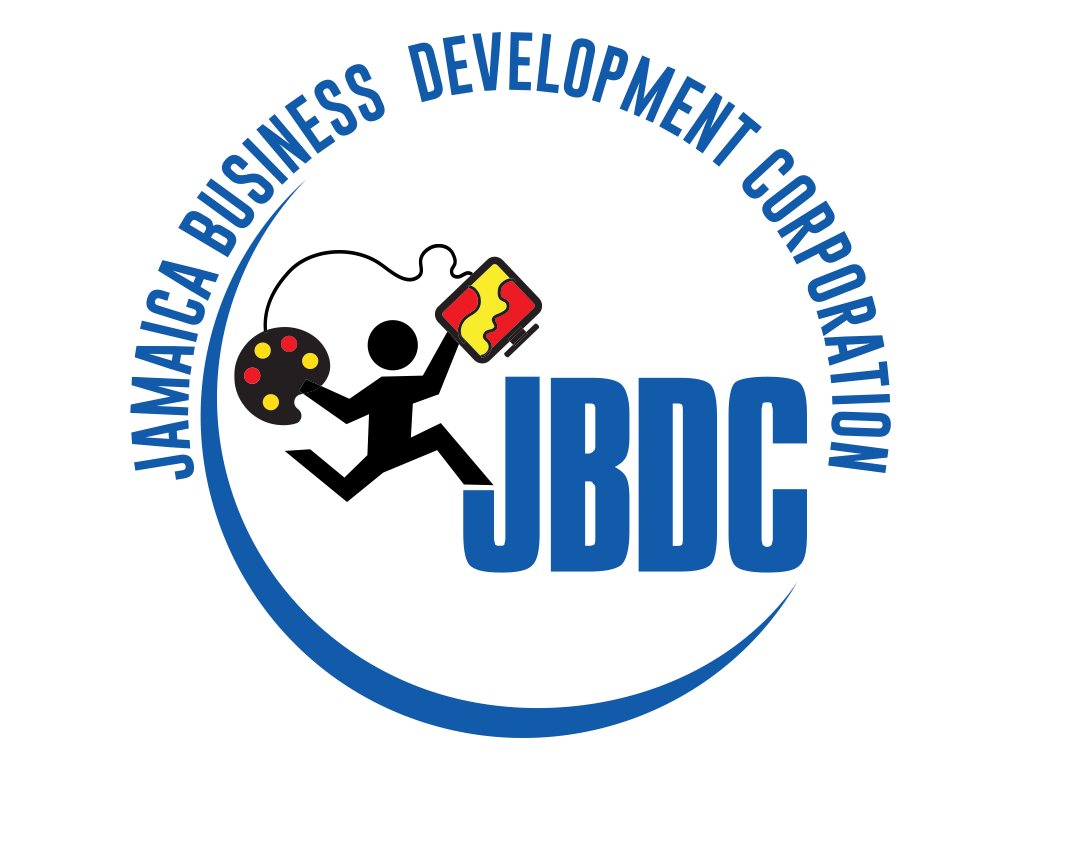In a world where energy costs continue to burn pockets, it is no surprise that businesses are searching for alternative energy saving solutions to cut costs. But did you know that an energy audit can help you to increase your energy efficiency and ultimately save money?
Technical Services Manager at the Jamaica Business Development Corporation’s (JBDC) Incubator & Resource Centre (IRC), Colin Porter defines an energy audit as, “An assessment of energy consuming devices and implements that will highlight areas where energy isn’t being used efficiently with the intention to address these gaps by making suitable recommendations which will help to: a) reduce the consumption of energy; b) optimise the consumption of energy; c) reduce the cost of energy to make your systems more efficient in producing energy; and d) eliminate waste energy where possible.”
By identifying areas of improvement and implementing energy-saving measures, businesses will not only contribute to a sustainable future but also benefit from significant cost savings. In this week’s Entrepreneur Weekly, we will step into this technical side of business to keep you plugged into why your business needs an energy audit

Unveiling Energy Inefficiencies
Colin says, “Most of the things in a business facility use electrical energy, whether you have a production type facility or a service type you have equipment that consume electricity. Some are going to be more efficient and consume less energy than others. How we use and manage that equipment becomes important as they will all contribute to the overall energy cost.”
An energy audit provides a detailed analysis of your business’s energy consumption patterns, revealing where energy is being wasted or used inefficiently. This assessment includes examining lighting systems, HVAC (heating, ventilation, and air conditioning) systems, insulation, appliances, and other energy-consuming components. By pinpointing areas of excessive energy use, you can take targeted steps to optimise operations, reduce waste, and improve overall efficiency.
Identifying Cost Reduction Opportunities
The recent increase in energy rates and the possibility of more rate increases are more reasons for businesses to cut energy cost. Energy costs can constitute a significant portion of a business’ operating expenses. Through an energy audit, you gain valuable insights into opportunities for reducing energy consumption and, consequently, lowering utility bills. By implementing the recommendations derived from the audit, such as upgrading to energy-efficient lighting, optimising HVAC systems, or introducing energy management systems, businesses can experience substantial cost savings in the long run.
Enhancing Environmental Sustainability
Colin shared that, “By adopting energy-saving measures, businesses can significantly decrease their carbon footprint, demonstrating a commitment to environmental stewardship and opportunities where businesses can replace, reduce, or eliminate the use of energy.” With increasing environmental concerns and a growing emphasis on corporate social responsibility, businesses are expected to contribute to sustainability efforts. An energy audit plays a crucial role in identifying energy inefficiencies and areas where emissions can be reduced.
Improving Occupant Comfort and Productivity
An energy audit not only focuses on energy consumption but also evaluates the overall comfort, safety, and functionality of the workplace. By optimising heating, cooling, and lighting systems, businesses can create a more comfortable working environment, which positively impacts employee productivity, satisfaction, and well-being. A well-lit, properly ventilated workspace can enhance focus, reduce fatigue, and foster a positive atmosphere.

What does an IRC Energy Audit Entail?
According to Colin, a typical IRC energy audit exercise includes:
- Observation
An Energy Management professional from the IRC will visit the facility to observe the habits of the workers and the energy consumption practices. At the observation stage, equipment usage, building insulation, lighting, HVAC, gas and electricity systems are examined. The Technical Services Manager says the process, “starts by visiting the facility to make observation of the practices and habits of the people. We want to see how they use the machines – when they turn it on, when they turn it off, how they deal with things like turning off lights when the room is empty, if they turn off the AC when stepping out of the room.” - Data Analysis
Continuing, he added, “Then we record data in terms of the energy use to measure the amount of energy being used, why it is being used. The audit may include looking at historical uses of data of your light bill or energy bill to see consumption over the last year.” - Findings & Recommendations
Once the analysis is done, the IRC makes a hierarchy of recommendations. The first level in the hierarchy, he explains, is, “Energy Conservation – this is where you try to conserve or use less energy. This is based on behavioural and habitual changes.”
Then, Energy Efficiency – “This may be a little more costly in terms of investing and installing energy equipment. If you want to cool an office, you will buy an Inverter AC unit, which costs more money but is more energy efficient than the other units. So, invest in Inverter equipment to improve efficiency. Efficiency also comes in when the use of the equipment is scheduled to manage how much time it is operated,” Colin explains.
Finally, is Renewable Energy – “This is the costliest in terms of investment. So, this involves switching from the public power supply and installing a solar powered system. You will have to purchase solar panels, inverters, and batteries. We don’t necessarily encourage people to jump and buy renewable energy because renewable energy systems also require maintenance and if you are not following best practices, you will be back to square one,” Colin explained.

You may be thinking, ‘but I can do this by myself?’. “I would not encourage people to do audit by themselves. There are some simple things that they can do like looking at the habits of people in the environment, you can install light sensors, or schedule air conditioning time,” he said.
The IRC can help you with your energy audit by referring you to certified Energy Management Professionals, who will take you from spending too much on energy expenses to using less energy for the best results. Visit the JBDC website at https://www.jbdc.net/services/technical-services/ for more information.

Author









